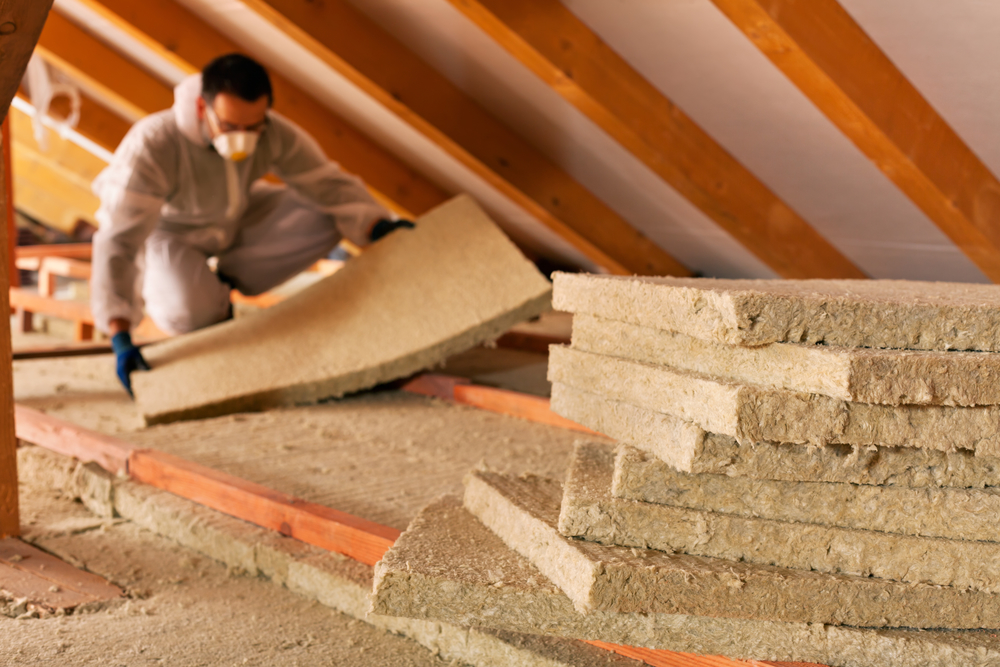New regulator to stop “energy label fraud” boosting home prices
Senay Boztas
The Dutch government is appointing a public regulator to ensure energy labels for houses are correct, several months after a man was arrested for allegedly selling hundreds of fake declarations.
Housing minister Hugo de Jonge said in a news release on Friday that the new regulator will check whether labels are properly entered into a national register and investigate signs of irregularities.
Energy labels, which show whether a home has roof, floor and wall insulation and double glazed windows, are increasingly important to home buyers, sellers, landlords and renters. Research from estate agents organisation the NVM showed that houses sold with a higher label – indicating better insulation – can achieve 15% higher prices.
New rules for mortgage lending mean people can borrow more if a property is super-insulated or conversely needs a lot of investment to be heat-efficient. A bill to expand the rental sector for “middle” incomes will also mean top-grade houses will be able to command higher rents.
However, the most recent government research suggests that 8% of labels have “critical deviations” from the correct values.
“Everyone must be able to trust the quality of the label,” said De Jonge in a statement. “An energy label has a high value and so the quality must be properly protected.”
The government intends to ramp up random sampling among certified businesses providing the labels and increase routine checks, especially where advisers have made mistakes in the past. Renters will be able to have energy labels checked free of charge by a housing commission to ensure they are paying the correct amount.
Hans André de la Porte, a spokesman for homeowner association VEH, said some homeowners made mistakes in the past due to filling in complex forms wrongly, but these issues had been fixed. “We don’t believe that labels are systematically wrong, but a regulator is a good thing,” he said.
It is a legal requirement to provide an energy label when selling or renting a house unless it is a monumental building. But house seekers say it is not uncommon to see poorly insulated properties with the label listed online as “not available” or incredibly good ratings for draughty buildings.
The grades, which range from A++++ to G, suggest how much a resident will spend on energy and how comfortable living at an address will be. They also indicate how easy it will be for the home to go gas-free.
The Dutch government aims to ban gas from domestic housing by 2050.
Thank you for donating to DutchNews.nl.
We could not provide the Dutch News service, and keep it free of charge, without the generous support of our readers. Your donations allow us to report on issues you tell us matter, and provide you with a summary of the most important Dutch news each day.
Make a donation